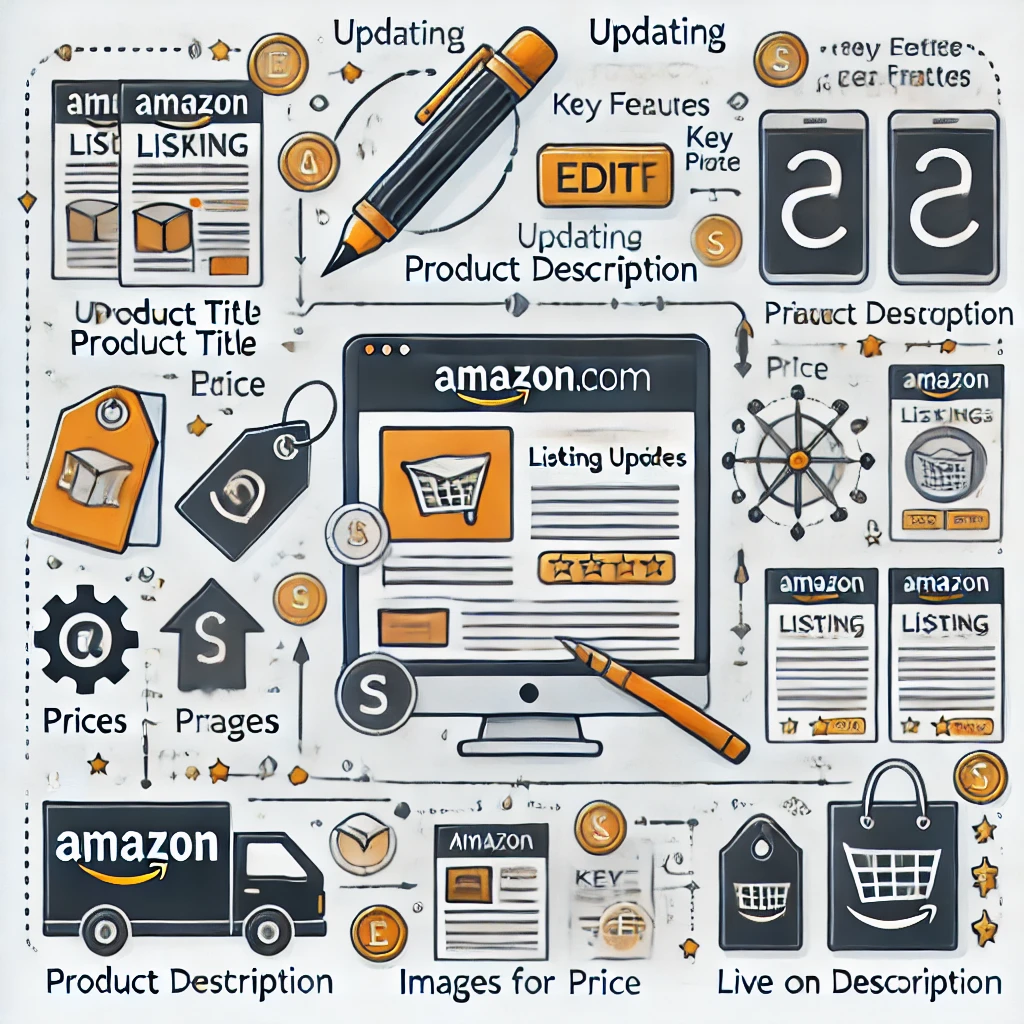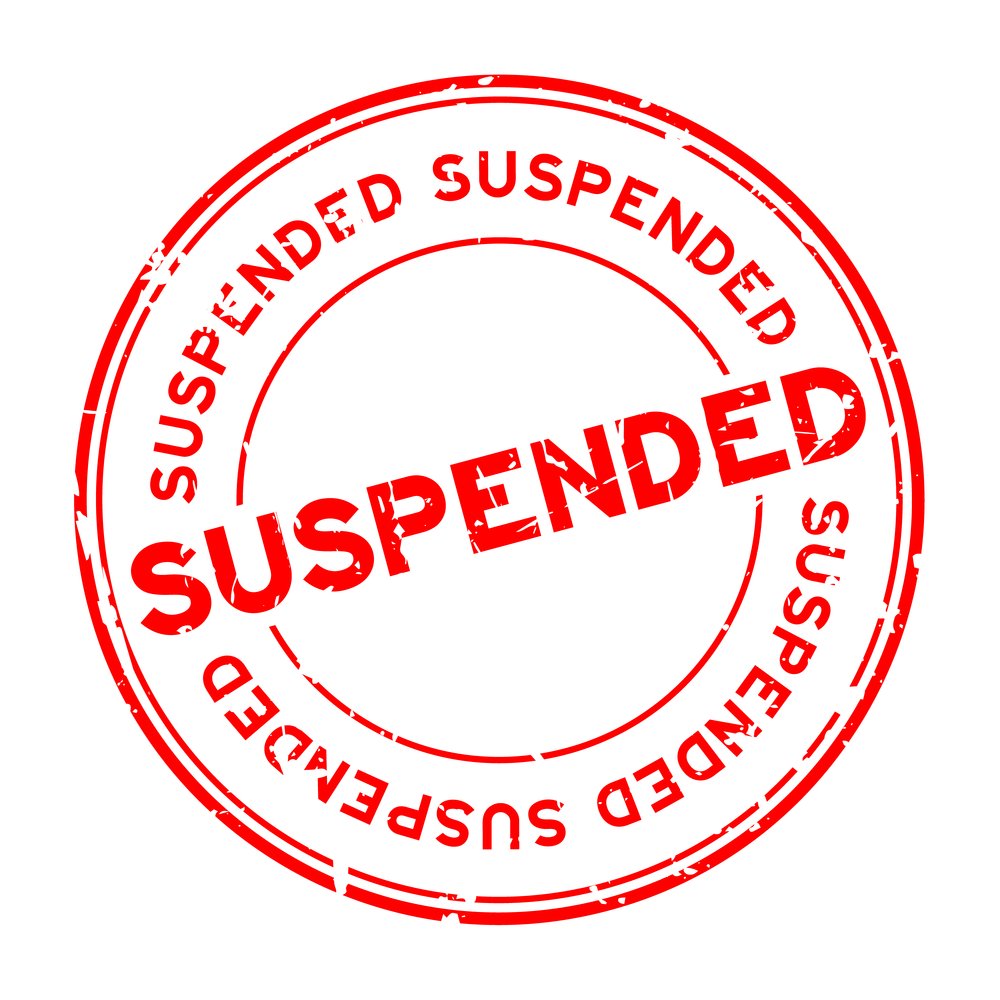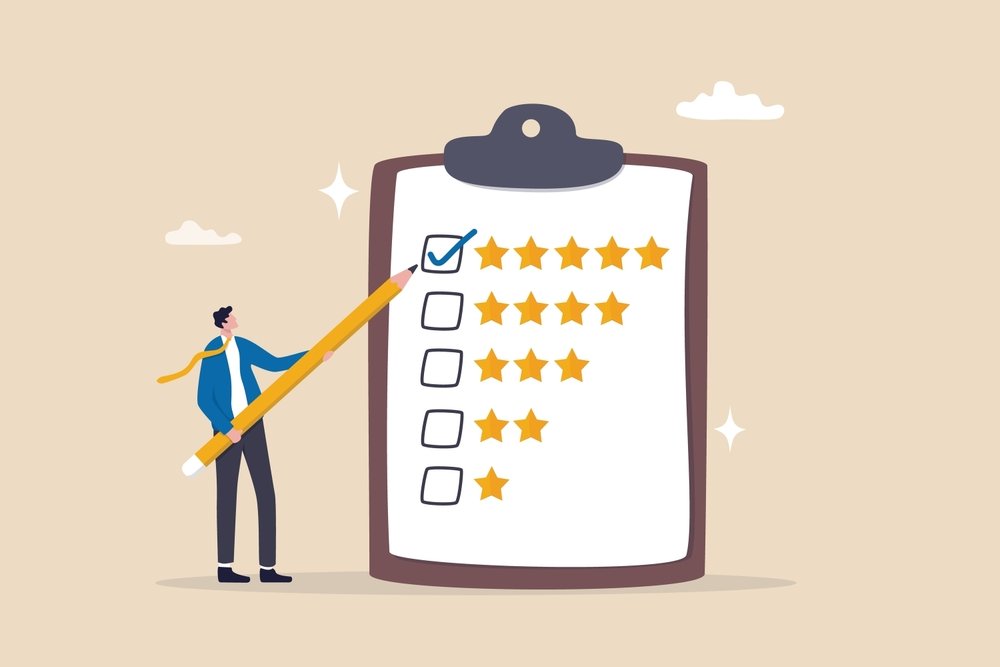Since Amazon FBA sellers rely on private label or registering as a wholesale supplier, they need to consider several factors when making their decision on which method is suitable to their company goals. All the strategies come with procedural advantages and disadvantages that can make a world of difference in terms of productivity and profitability.

Exclusive Brand Purchasing
Benefits
Brand Control: The use of private labels can be helpful for sellers can package their own products with their own brands thus they have full control of branding and marketing. With this power, vendors are able to develop a unique brand image of the particular product or service and generate customer loyalty.
Greater Profit Margins: Compared with non-proprietary goods, private label retailers may often sell their products at higher prices and enjoy more heftier profit margins, as their products are unique.
Decreased rivalry: When using Amazon, the buyer is aware that sellers with a specialty product focus have less direct competition. They may lead to less price competitions and a more sound market structure.
Customization: Whereas, if sellers add a feature or an enhancement which is not available in other products then they can change the characteristic of their products to meet the requirements of the customer.
Problems
Initial Investment: Coming up with new products, designing new packaging, and creating the brand requires higher initial investments where private labeling is a consideration. This could be a challenge for these newbie vendors who most probably have little or no capital to invest.
Extended Lead Time: The production of the private labelled product may take some time more than a normal mass produced product because it involves the element of designing, manufacturing and checking for quality. This may result in time-to-market contention when undertaking this as contrasted to the wholesale sourcing.
Risk of Unsold Inventory: Buyers possibly get trapped into buying products that they do not need with the possibility of not getting any return if the product is not up to their expectations.
Benefits of Wholesale Sourcing
Lower Entry Barrier:
While the involvement of private labels sometimes requires less investing, wholesale sourcing sometimes requires a comparatively smaller investment at the start. Companies known for making a particular good have their products bought from them and then resold by the vendors on Amazon.
Faster Turnaround:
Most of the time sellers do not have to wait for a lengthy period to start selling because the products come with already developed and manufactured.
Established Demand:
Offering popular brands reduces the amount of uncertainty concerning new products, and is evidence of consumer interest and recognition.
Simplified Operations:
However, wholesale sourcing means that sellers have less work of branding or production, which means that the operation and shipping of products is less complex. This may lead to restocking and inventorying processes being accomplished in a shorter amount of time and more efficiently.
Problems
Reduced Profit Margins:
It is vital to recognize that the margins on the wholesalers’ products are traditionally lower compared to those provided by the private labels because both sides need to make money.
Tough Competition:
The risk with selling relatively cheap products is that you are competing against many other individuals who may be selling similar items, and this often leads to rivalry on price, which translates to low revenue.
Limited Control:
The decisions concerning the type and description of the product, its branding and pricing strategies are usually dictated to the sellers by the manufacturer. This could be disadvantageous as consumers may not set it apart from the others and define it as having a unique brand image.
Another risk is the dependence on suppliers to make sure that top stock is available in the supply chain this may lead to an extension of the amount of time taken or availability of good.
Selecting the Appropriate Model
The decisions on whether to opt for wholesale sourcing or go for private labeling depends on a number of factors, which include; `\bullet ` capital available for the investment `\bullet ` risk bearing capacity `\bullet ` overall business vision and strategy It will be easier for persons who want a more immediate and probable easier way to get into FBA with relatively lower capital investment to go for wholesale sourcing while those who want to build unique brands with an opportunity to earn high returns should opt for private labeling.





